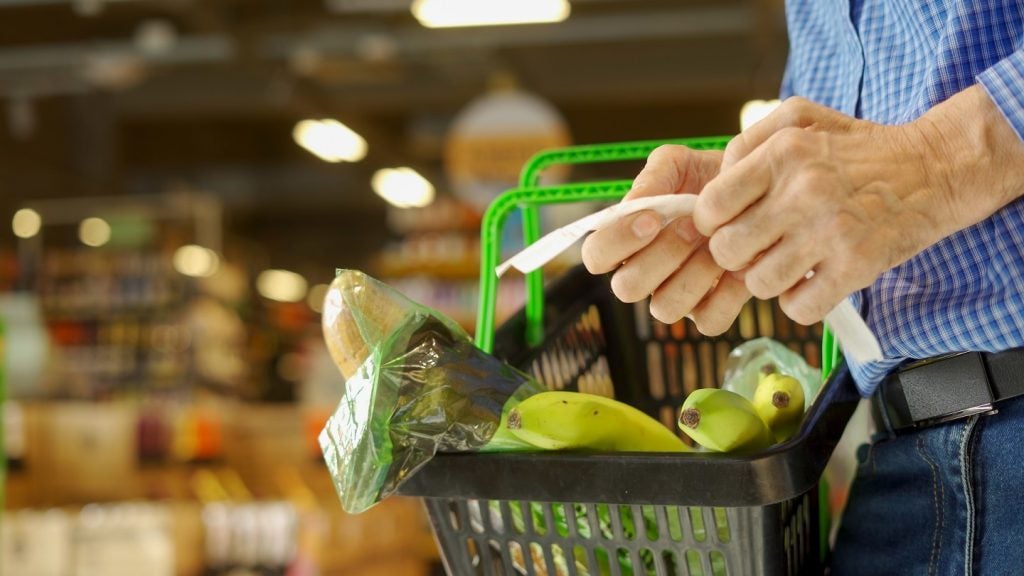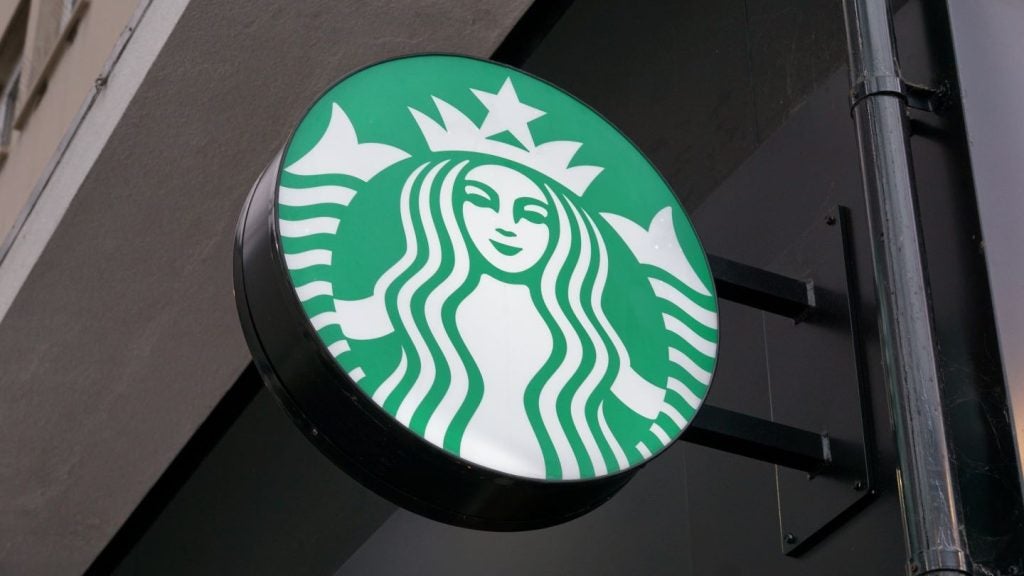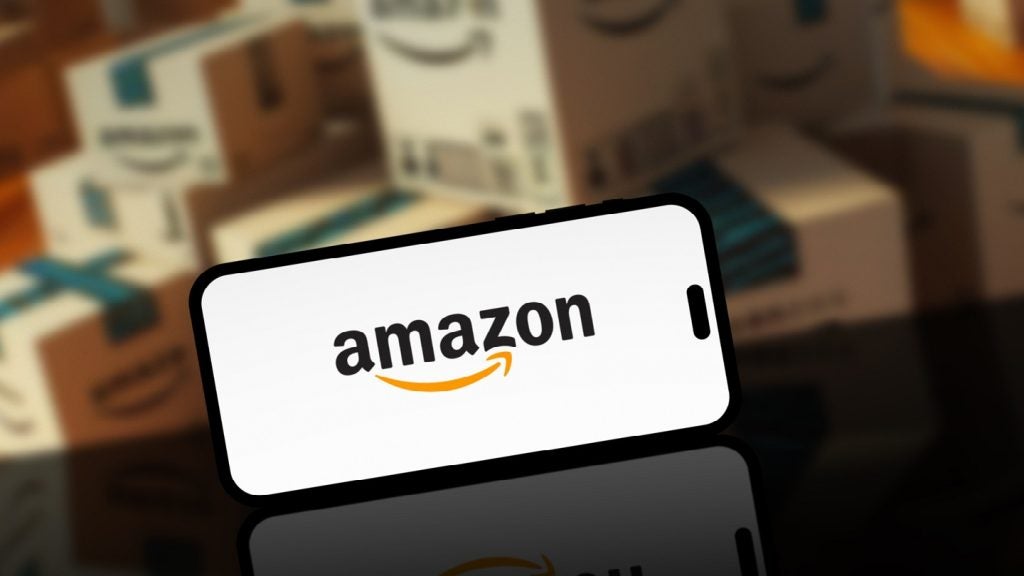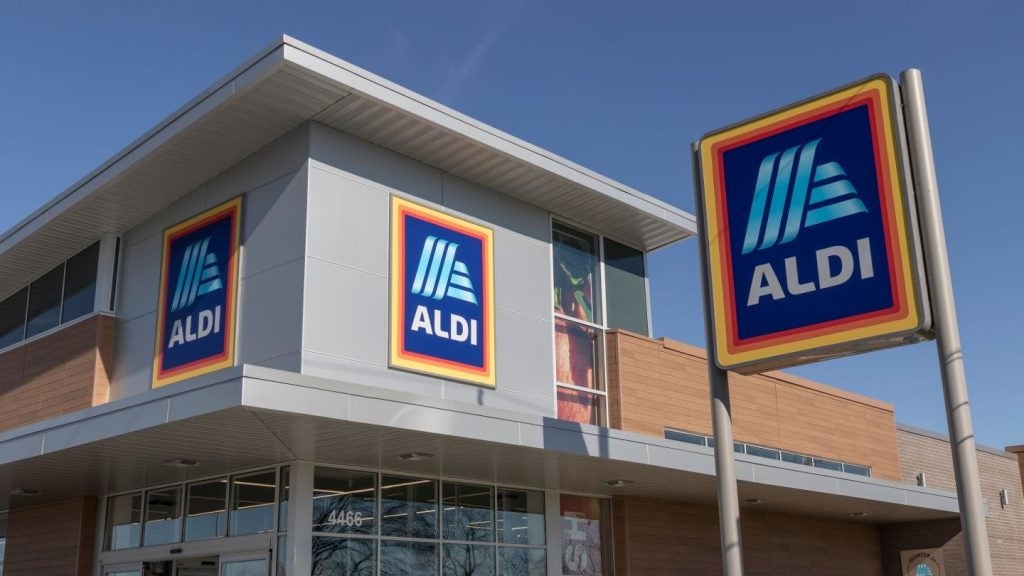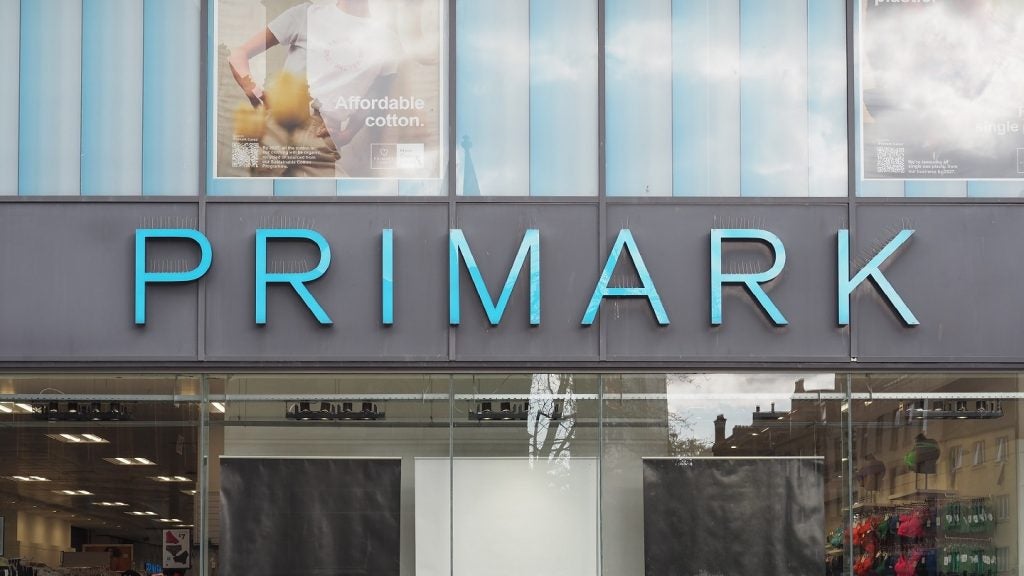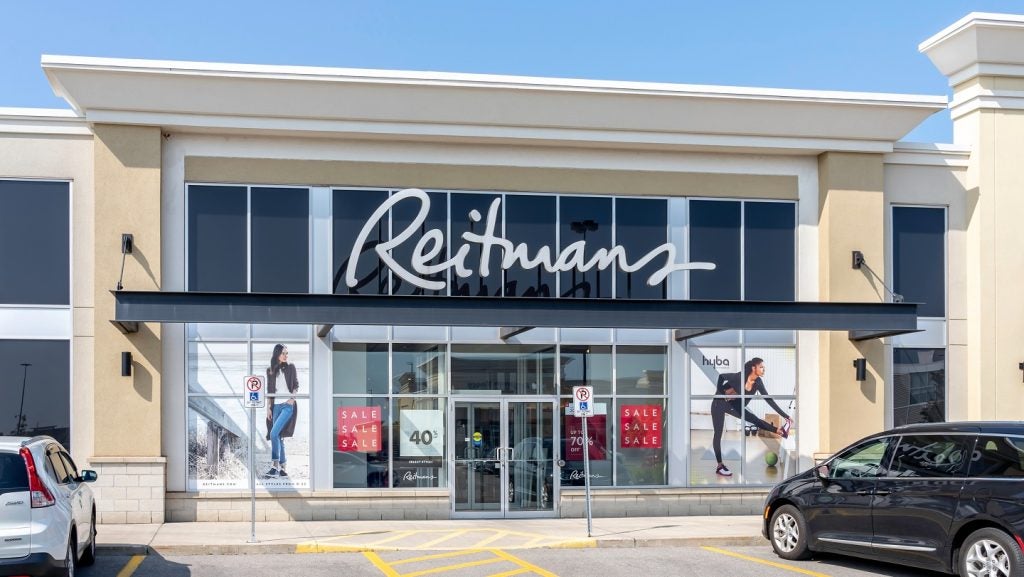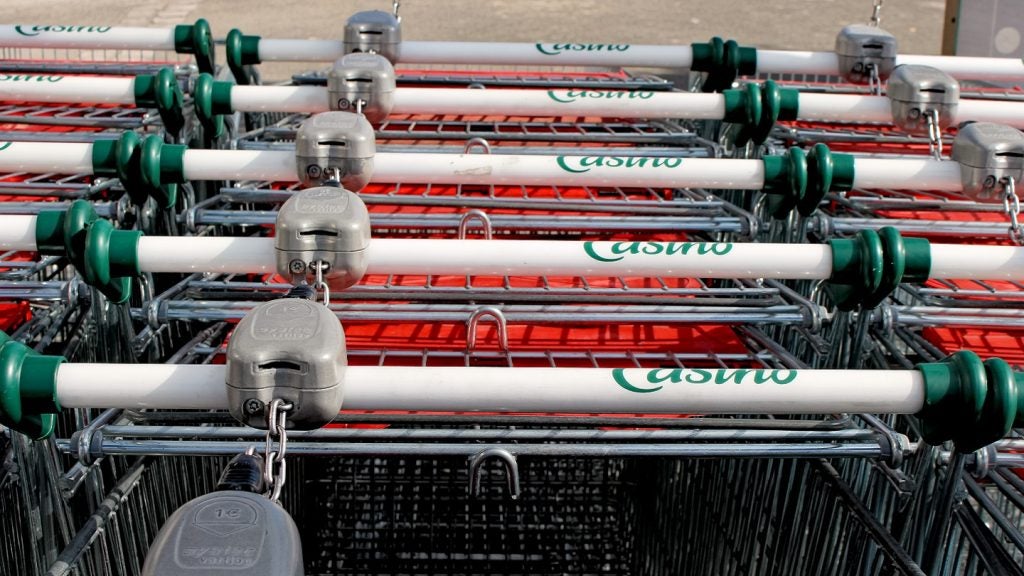Shop price inflation in the UK has remained unchanged at 0.2% in July 2024, marking the lowest rate since October 2021, as reported by the British Retail Consortium (BRC) and NielsenIQ.
This figure is consistent with the three-month average rate of 0.3%, indicating a period of price stability in the retail sector.
During the month, non-food items continued to experience deflation, registering at -0.9%, a slight improvement from -1% in June.
This deflation aligns with the three-month average rate of -0.9%.
Meanwhile, food inflation dropped from 2.5% in June to 2.3% in July, falling below the three-month average rate of 2.7%.
Fresh food inflation also saw a decline, slowing to 1.4% in July from 1.5% in June - beneath the three-month average rate of 1.6%.
The data also revealed that ambient food inflation decelerated to 3.6% in July from 3.9% in June 2024.
This is the lowest rate since April 2022 and below the three-month average rate of 4.1%.
BRC chief executive Helen Dickinson said: "Shop price inflation in July remained unchanged on the previous month. Non-food price deflation continued, albeit at a slower rate than June.
“Holidaymakers could pick up bargain summer wear and summer reads as clothing and footwear prices fell for the seventh consecutive month amidst persistent weak demand, and the prices of books fell. The 2023 declines in global food commodity prices continued to feed through, helping bring down food inflation rates over the first seven months of 2024.
“UK households suffered from high levels of inflation in 2022 and 2023 and can celebrate inflation levels returning to normal over the first half of this year. But, with the outlook for commodity prices remaining uncertain due to the impact of climate change on harvests domestically and globally, as well as rising geopolitical tensions, renewed inflationary pressures could be lurking just over the horizon.”


